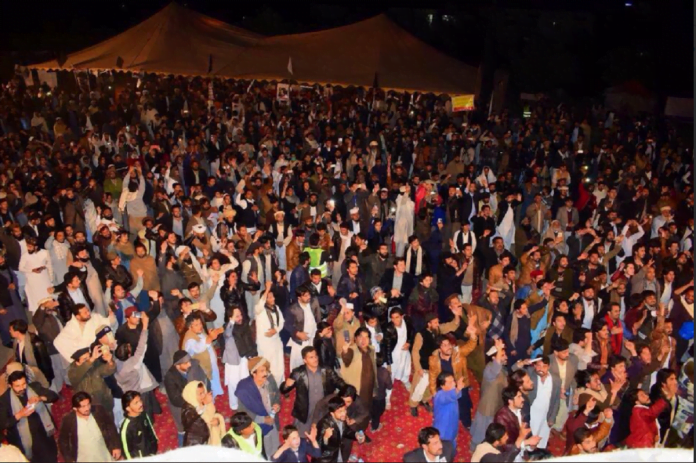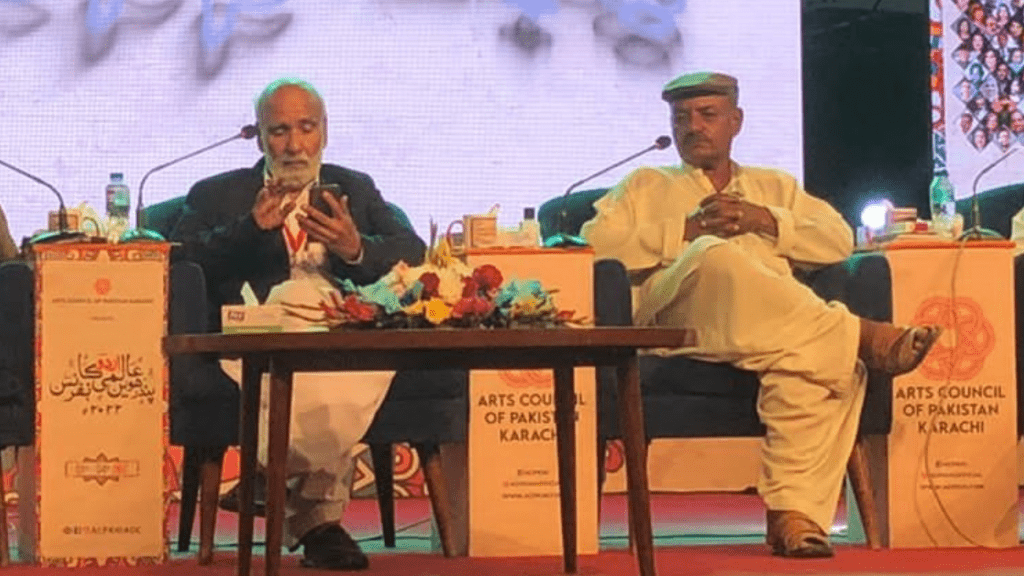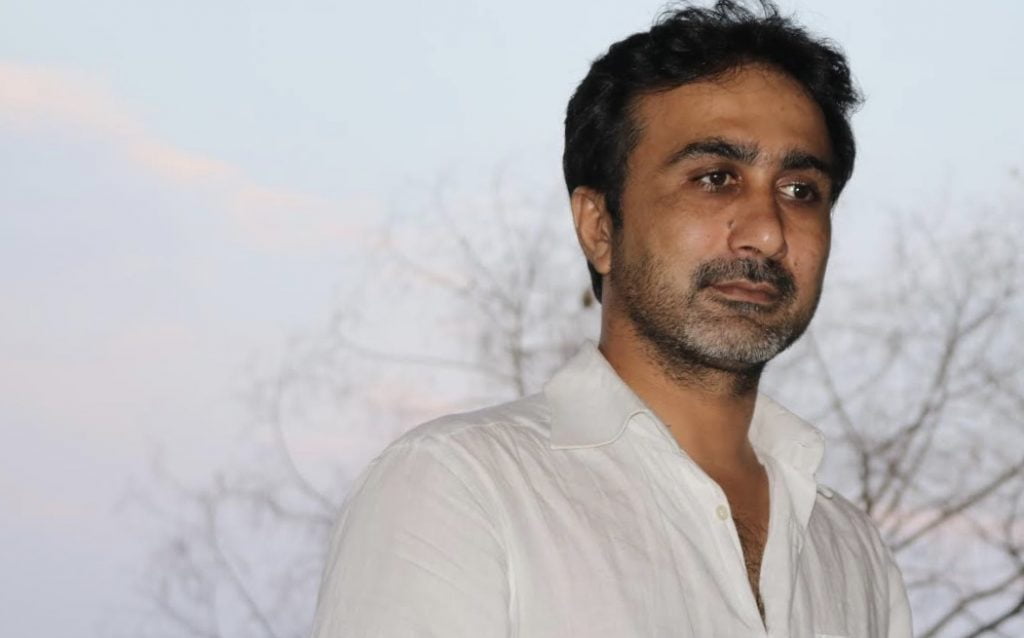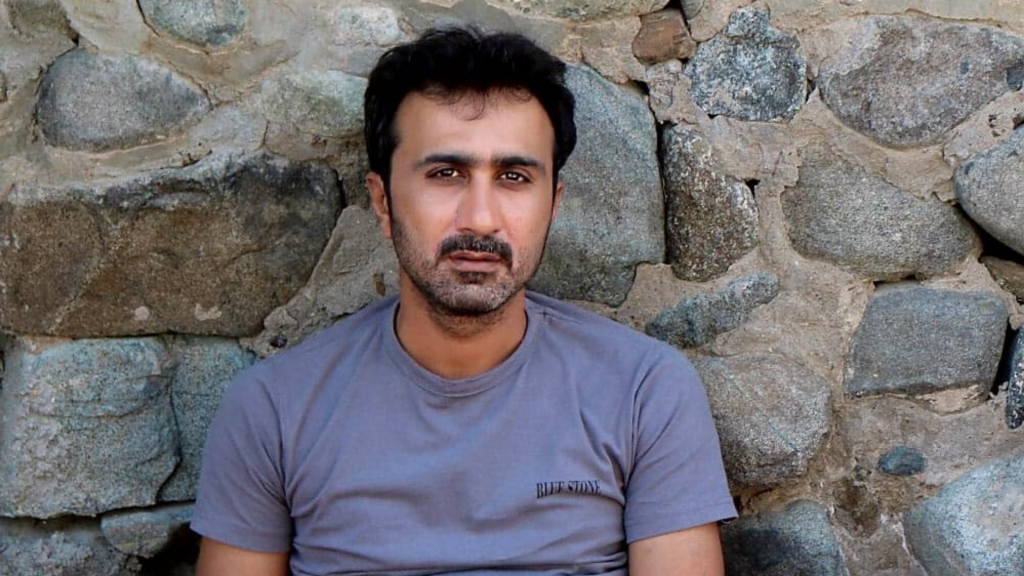I do not want to be seen as someone throwing a monkey wrench into the works and undermining the move towards a prospective Baloch-Pashtun unity but there are certain things which all those advocating and proposing this unity should understand and keep in view. I for one would be the happiest if this much-wanted unity materializes and becomes a political reality in this depressingly barren political landscape. I have mentioned below some things which do require attention of all who desire the much-needed unity between Baloch and Pashtuns and all those who want return of missing persons.
Recently, there has been an upsurge in protests against the state-sponsored crime of enforced disappearances which is welcome as there is no closure for those whose dear ones go missing. However, the question is, is it helping the missing to return or putting a curb on the continuing enforced disappearances? Apparently, it is of no help at least for the Baloch who are being abducted with impunity even from the universities and not a soul has returned.
The movement named the Pashtun Long March, which began after the killing of Naqeebullah Mehsud in Karachi, held a meeting in Quetta a few days back and, as is natural, it was well attended by the Baloch and Hazaras because they also have long been victims of state and sectarian terror.
The solidarity between the victims could and should be a sign of hope and a source of strength for all of them. This unity, however, shouldn’t be for a single event which, though applauded for a while, is gradually forgotten and nothing useful comes out of it; there has to be a well-thought-out approach to the unity and a consistent and systematic support for each other, for without this the initial enthusiasm will fizzle out and no one will gain except the state which is responsible for the plight of Baloch, Pashtun and Hazaras.
Though this coming together is more on humanitarian issue of missing persons, which too is welcome but for it to be of any consequence it has to be a political unity whereby each supports the other on the political front as well for without politics this would remain a social cooperation only and may peter out with time. There has to be clarity about the cooperation and the basis has to be political and only a unity on political grounds would be of any help to the affected.
Humanitarian issues cannot and should not be divorced from the political issues because the humanitarian issues affecting the Baloch and Pashtuns are because of the politics involved. If this is neglected there can never be any meaningful unity and, consequently, any gain.
For a meaningful unity there has to be a support for the politics which is responsible for the emergence of the humanitarian problem for both. The Baloch will find it easy to support the Pashtun on the demand for return of the internally displaced persons, the end of collective punishments, the end of FCR, the end of check posts, the end of the highhandedness of the security forces and the end of state support for the Taliban which has led to the situation that the Waziristans, FATA, Swat and other areas face today.
The Pashtuns, on their part, will have to support the Baloch in their struggle for their rights over their resources, the coast and also their politics. They will have to support the Baloch on their politics too to make their support on humanitarian grounds of any consequence. Interestingly, the recent Pashtun movement is not being considered as anti-state and it is being called a struggle for constitutionalism and fundamental rights while on the contrary the Baloch struggle has always been termed as anti-state and foreign-funded. So will those leading the Pashtun Long March and other Pashtun leaders risk the good will of the state and come out in support of the Baloch. The question is will the Pashtuns be willing to support the Baloch in their politics as well?
A word of advice to Pashtun friends: the slogan “Da sang Azadi da” or what kind of freedom is this? needs to be translated into the basis for political action and programme by the Pashtuns united for their rights, for without the politics the Pashtun Long March will never become the harbinger of the “Pastun Spring” that it is being termed as.
And then there is also talk of unity of different forums across Pakistan agitating for the return of missing persons to unify efforts and stand on one platform for the recovery of the missing. This is in itself not a bad idea but some things should not be lost sight of.
The missing persons issue in Balochistan is not a recent one and it dates back to 1973 and, moreover, the perpetrators in Balochistan aren’t a rouge police officer like Rao Anwar but the state itself which systematically implements its policy of enforced disappearances to deter Baloch from demanding their political and economic rights; thousands are missing and the numbers keeps rising.
Undoubtedly, the issue of missing persons demands a unified approach but in this melee the reason why Baloch go missing should not be swamped, forgotten and sidelined. The Baloch go missing for their political demands and their opposition to the army playing god there. It for this reason any Baloch involvement in a united front for missing persons will be on the condition that their political demands are acknowledged and supported. Without this Baloch would be losing out and that would be a great injustice to those who were abducted, tortured and dumped in their thousands in Balochistan, to those who languish in the dungeons even today and to the relatives of those victims of state terror.
The Baloch missing persons go missing because of their politics and if the political element goes missing from the envisaged united front for missing then it will be a self defeating exercise and the state will continue its sordid activities and eventually make this unity a purposeless and a negative exercise. The Baloch have been agitating for their missing person for nearly a decade now and only a few rallied to their cause. Even the 106 days Voice of Baloch Missing Persons Long March in 2013-14 did not evoke a word of support except from some progressive persons and a part of civil society. The Baloch political demands have acted as a deterrent to people supporting them, Baloch demands for their sovereignty are considered politically and religiously blasphemous by many, however it should not be forgotten that if the Baloch give up the politics for the fear of opprobrium it will a great injustice to the Baloch people who want a life of peace and dignity and even a more greater injustice to those who died and continue to suffer for their rights.
The anniversary for the 27th March 1948, the day Balochistan was illegally and unjustifiably annexed by force by Pakistan and is observed as a “Black Day” by the Baloch is nearly on hand and it will be interesting to see if the Pashtuns who are promoting and supporting unity among the Baloch and Pashtun after the Quetta event of the ‘Pashtun Long March’ will even like to touch the issue which forms the crux of the political demands of Baloch. The attitude, the reaction and the approach to this day and to the struggle, the sacrifices and demands of Baloch will prove if there can be real unity between the Baloch and the Pashtun.
Mir Mohammad Ali Talpur is a regular commenter on Balochistan. He has been associated with Baloch politics since 1970s.



